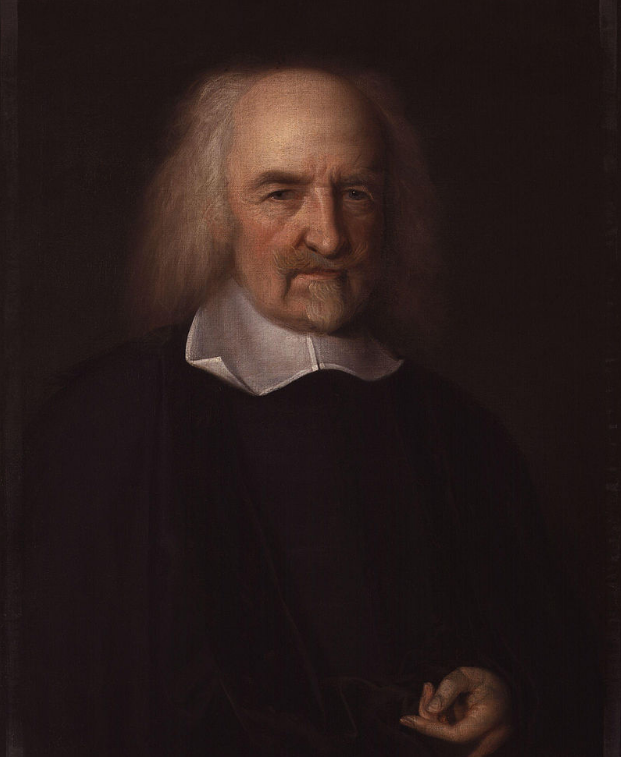
Thomas Hobbes is an English philosopher who was crucial to the condition of nature discussion, also known as anarchy. Hobbes’s Leviathan (I encourage you to read!) explains that anarchy is absent in all states/governments. There is no work, agriculture, knowledge, industry, recognition of time, literacy, or social progress. Instead, there is fear and death, and life is always short, nasty, and brutal. There is no “good against evil”; it is simply a war against everyone.
From Hobbes’s work, anarchy is now defined as a condition in which no state or government exists. This is the opposite of hierarchy, which gives order and power. However, it is important to recognize that the term anarchy does not literally mean chaos and violence. That is what Hobbes says is a result of anarchy. You can agree or disagree; it is opinionated.
Because of anarchy, Hobbes believed that states are important and necessary (in political science, experts use the term “state” to speak about countries like the US, UK, and Mexico, not states like NY, NJ, Alabama…). If one tries to take down a state, they will “remember the struggle and never do it again! Any hope of subduing it is false; the mere sight of it is overpowering” (Hobbes). It could even be compared to a mortal God. Thus, Hobbes introduced the social contract. This contract guarantees security in exchange for freedom – you may not like all the rules, but you must accept it for the government’s protection.